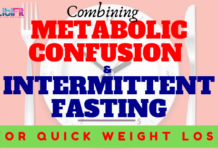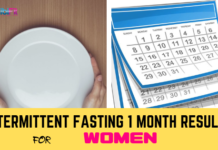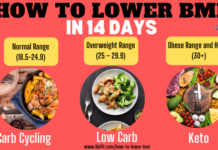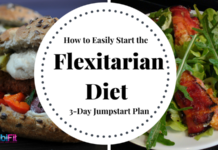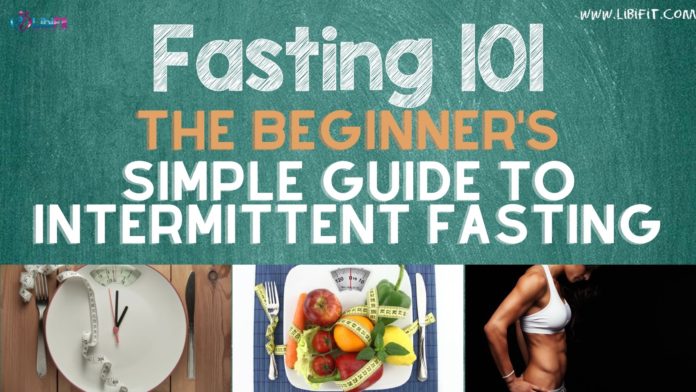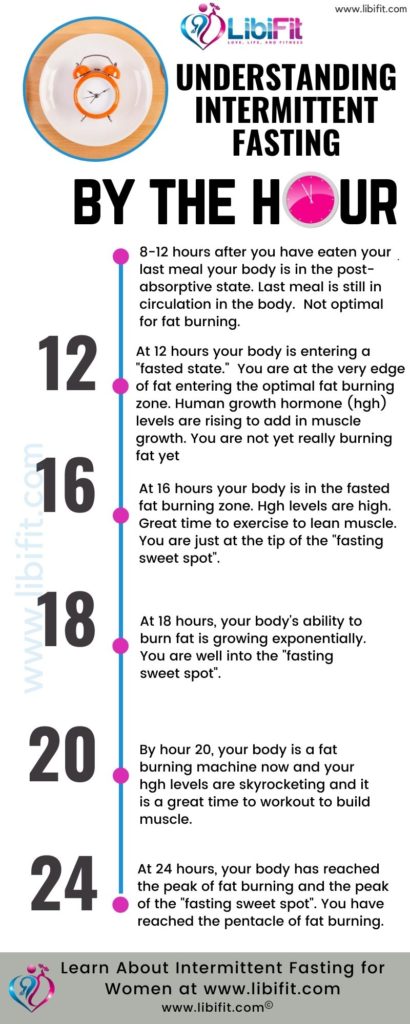FASTING 101: GETTING STARTED WITH INTERMITTENT FASTING
Looking for an intermittent fasting 101 guide? Well you have found it! With so many theories about health and weight loss, it becomes hard for somebody to know which will work best. Knowing the trend to adopt to achieve your weight loss and health is not easy because there is something new almost every day.
Although most of them are authentic and will work, the trick lies in deciding which method is best for you. Most of the methods are hard to follow because they are very restrictive when it comes to eating. Other than keeping a restrictive eating method, it is far much better to restrict eating, which is referred to as intermittent fasting.
Here is what you need to know before you get started with intermittent fasting:
HOW DOES INTERMITTENT FASTING WORK?
Fasting 101 begins with an explanation of intermittent fasting. Intermittent fasting differs from the other dietary methods in that its main focus is on the eating plan other than what you eat. Intermittent fasting gives you an eating schedule on when to eat, and it switches between fasting and eating on a regular plan. That means you only eat at specific times, fast for several hours during a specific day or eating at certain times in a given week. The best thing about the method is that it is said to have several health benefits and is also a good way of managing your weight.
THE HISTORY OF INTERMITTENT FASTING
The history of intermittent fasting dates back to our forefathers, who survived through hunting and gathering before farming began. They used to survive for many days without food because it could take many days and a lot of effort to hunt for game or gather berries. As opposed to the current state, many people used to play a lot because there were no shows to watch. At the same time, snacking was not as common as today because people take snacks a lot as they stay awake more, catching their favorite shows.
THE NUTS AND BOLTS OF INTERMITTENT FASTING 101
Intermittent fasting does not specify the kind of foods to eat. All it does is to give a pattern of eating and fasting. Other than majoring in what to eat, the main focus is when. It provides a timetable of when to eat. You can therefore refer to it correctly as an eating pattern.
INTERMITTENT FASTING METHODS
There are varied ways to apply intermittent fasting. It is all about splitting your day or week into eating times and fasting times. During the fasting periods, you should eat either very little or nothing at all. Here are some of the ways you can apply to achieve your intermittent fasting. In addition, here are 101 fasting methods to achieve the best results.
EAT-STOP-EAT
In this method, you will need to fast for 24 hours once or twice a week. That means you do not eat anything else after dinner until the next day at dinner time.
THE 5:2 DIET
The 5:2 diets involve consuming only 500-600 calories two days a week, not following each other. In the other five days, you eat in a usual way.
THE 16/8 FORMULA
The 16/8 formula is also called the lean gains protocol, where you skip breakfast and restrict your eating periods daily to eight hours. That may mean from1-9P.m. You keep your eating pattern to the eight hours, and for the rest 16 hours, you leave them for fasting. If you keep this pattern and reduce your calorie intake, you can achieve substantial weight loss. But you must make sure you do not compensate by taking more during your eating times.
THE BENEFITS OF INTERMITTENT FASTING
A Fasting 101 guide would not be complete without a discussion of the benefits. Although many research studies are still going on for intermittent fasting, here are some of the benefits that research has revealed so far.
BRAIN FUNCTION
Studies have already shown that intermittent fasting helps to improve metabolic features which are important to brain health. At the same time, it also boosts verbal memory in older adults. There is also research to supports that intermittent fasting can protect against brain damage due to strokes.
HEART HEALTH
Intermittent fasting is found to reduce blood pressure, which rests the heart rate and improves heart health. Here is a great article on scientific research surrounding heart health and intermittent fasting. https://www.ncbi.nlm.nih.gov/pmc/articles/PMC7415631/
PHYSICAL PERFORMANCE
Studies have shown that young people who fasted for 16 hours showed signs of losing fat but maintained their muscle mass. On the other hand, mice fed on alternative days showed some improvement in their running by improving their running endurance.
DIABETES AND OBESITY
Studies showed that when adults carry out intermittent fasting, they can lose weight and prevent obesity. It can, in turn, improve their diabetes condition.
Here is a great video detailing more benefits of intermittent fasting.
Intermittent Fasting 101 Tips and Additional Info
Here are some fasting 101 tips and additional info for your intermittent fasting journey to help you learn what to do and what not to do during your intermittent fasting.
Intermittent Fasting has Some Side-Effects
Like all the other eating trends have their side effects, intermittent fasting also has its side effects. For that reason, not everyone can practice it. For instance, expectant mothers may not practice fasting as it can be harmful to their health. Also, people who are already with a diabetes condition should not practice this kind of fasting.
The best thing that such individuals can do is reduce the amount of food they eat and maintain a small portion eating pattern. It is essential to consult your dietarian before you begin this practice, especially if you have any health condition.
CAUTION: ENSURE HEALTHY EATING DURING THE EATING PERIODS
Although intermittent fasting is not about the kind of food you eat, it does not allow you to eat unhealthy foods. Therefore, if you want to see effective change, you must maintain eating healthy foods when you eat.
AVOID OVEREATING
After a long day of fasting, for instance, if you fast for 16 hours, it is possible to be tempted to overeat because you will feel famished. It is important to remember that overeating will sabotage your health goals.
YOU MAY BECOME DEHYDRATED
When you fast for 16 hours, it is very possible to have your body dehydrated. Therefore it is advisable to drink enough water to thwart dehydration. Dehydration can cause other health problems and eventually affect your expected goal. Therefore ensure you keep water close to you and take enough during your fasting period.
If you are planning to try a different method of healthy living, try intermittent fasting. It is not only healthy, but it will also help you manage your weight.
CONCLUSION
This fasting 101 guide was a simple intro to intermittent fasting. It really is not as complex as you may have thought. While there are different approaches, the overall goal is weight loss and improved health. If you want to learn more about how to ease into intermittent fasting and what is ideal for women, check out our article on crescendo fasting.
https://www.libifit.com/crescendo-fasting-how-to/
Crescendo fasting is an excellent method to help your body quickly become acclimated to fasting.
Till next time…








